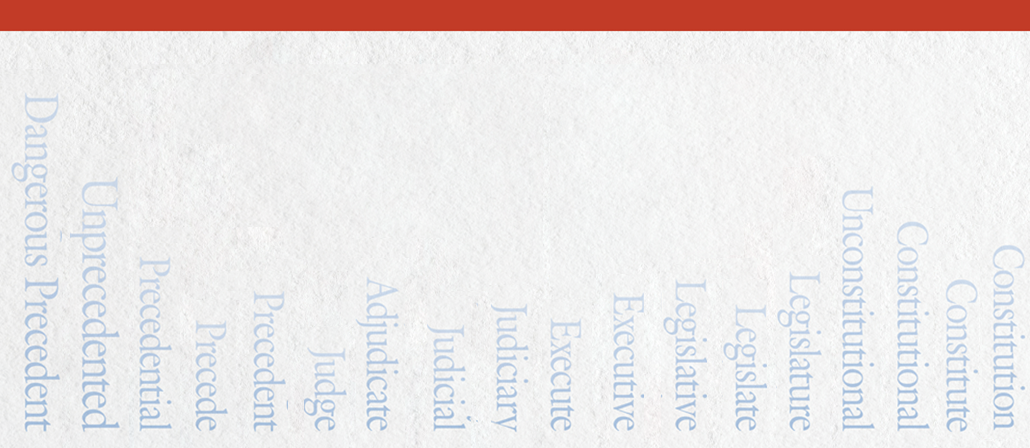—Karen M. Ross
This is the second in a series of questions challenging your knowledge of legal terminology from Karen M. Ross’s Essential Legal English in Context: Understanding the Vocabulary of US Law and Government (NYU Press 2019). Take the quiz! Share it with someone you know who will be going to law school or studying U.S. government!
This Legal Language Quiz: In each blog post, Professor Ross will ask a question about legal language using examples from the five units of her book. These posts will have you thinking about vocabulary in new, important, and practical ways.
Quiz #2: Unit 2 in Essential Legal English in Context introduces the federal legislature.
Question: Does the “United States Code” contain federal, state, or local laws? (Find the answer in the comments, below.)
Stay tuned for next Wednesday’s quiz! Find the answers in the comment below!
 Karen M. Ross is the Director of the Legal English Program and teaches in The Graduate Lawyering Program at New York University School of Law. Her new book, Essential Legal English in Context, provides a practical introduction to the US legal system and its vocabulary.
Karen M. Ross is the Director of the Legal English Program and teaches in The Graduate Lawyering Program at New York University School of Law. Her new book, Essential Legal English in Context, provides a practical introduction to the US legal system and its vocabulary.

